Child as a Sense Organ: An Anthroposophic Understanding of Imitation Processes
$13.50
Description
The initial period of childhood is essentially about adapting to and incarnating on Earth and establishing a provisional balance between the “spiritual” and the “physical,” between the prenatal cosmic and the earthly factors. During this time, according to Rudolf Steiner, “all the forces of a child’s organization emanate from the neurosensory system. . . . By bringing respiration into harmony with neurosensory activity, we draw the spirit-soul element into the child’s physical life.”
Peter Selg investigates how children’s early experience of the world begins as an undifferentiated sensory relationship to their phenomenological environment. This aspect of a child’s incarnation leads to leaning through imitation and to the process of recognizing “the Other” as a separate entity with which to interact.
In this cogent work, Peter Selg describes the early stages of childhood from the perspectives of conventional scientific and spiritual-scientific– anthropological and anthroposophic–research with the purpose of encouraging a new educational attitude in working with young children. In his numerous references to early childhood development, this was Rudolf Steiner’s most important and urgent purpose.
Author: Selg, Peter, Translator: Creeger, Catherine E
Topic: Psychology
Media: Book
ISBN: 1621481832
Language: English
Pages: 134
Additional information
| Weight | 0.34 lbs |
|---|---|
| Dimensions | 8 × 5 × 0.31 in |


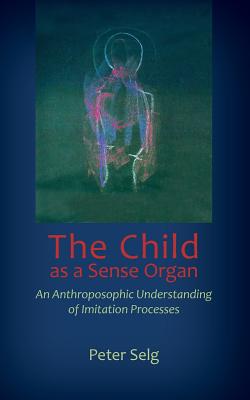


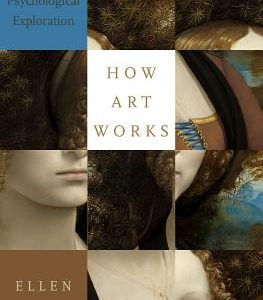

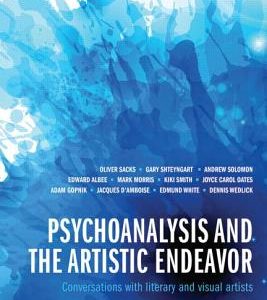
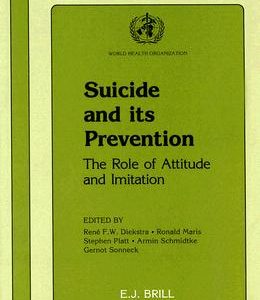

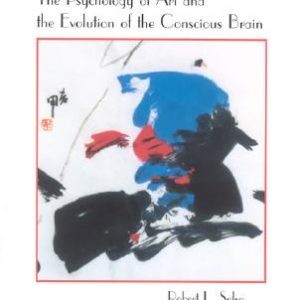
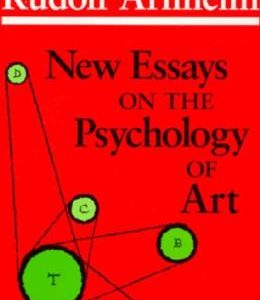
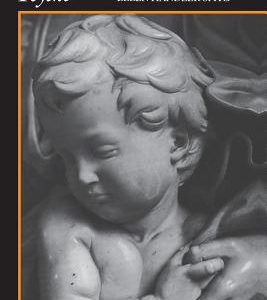

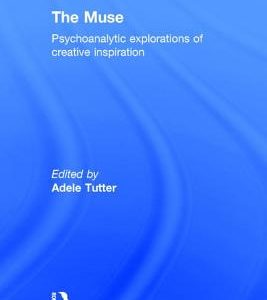
Reviews
There are no reviews yet.